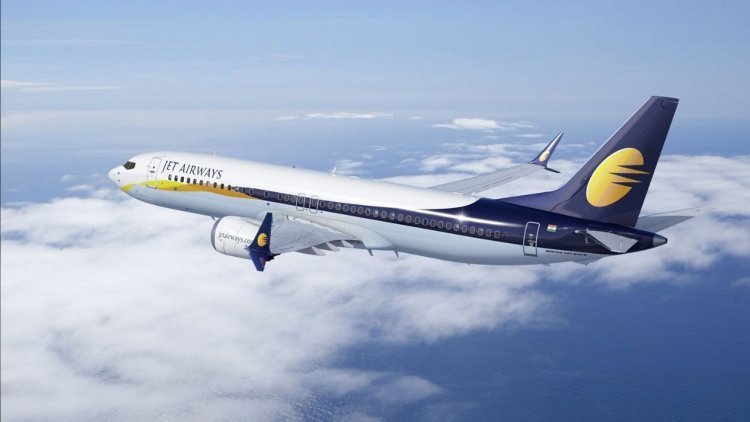Jet Airways' stock surges 47% as it prepares to take off, but rising fuel prices and new competitors predict turbulence ahead
Jet Airways is poised to resume flights in July-September, three years after it was grounded, with a new promoter on board.

Jet Airways is poised to resume flights in July-September, three years after it was grounded, with a new promoter on board. Unlike Kingfisher, which was forced to close permanently, Jet Airways was able to recover from bankruptcy.
This month, the aviation authority DGCA issued it an Air Operator Certificate (AOC). The airline was taken over by its new owners, UK-based Kalrock Capital Partners and UAE-based industrialist Murari Lal Jalan, in June 2021.
Even while the broader markets struggled under the weight of rising prices and interest rates, Jet Airways' stock rose 47 percent in a month, as expected.
After three years, Jet will return to the skies.
Jet, on the other hand, will land in a very different aviation industry than it departed. Jet will be a newbie, far from the number one position it once held, with several promising newcomers such as Vistara, a much stronger Air India owned by Tata Sons.
Jet would also have to compete with established competitors such as IndiGo and SpiceJet, who have a large share of the market. Then there's a slew of new entrants like True Air, Star Air, and Alliance Air, all of whom will be landing Jet in the coming months.
Jet, unlike other new airlines, will not be able to gain access through price reduction because the industry is still recovering from the Covid-19 outbreak.
"Let's assume they provide a 3,000 to 4,000 fare from Delhi to Bomday. They would gain market share, but they will never earn money because they will raise prices afterwards." Such steps will not help in a market area that is already price sensitive. Additionally, you will make it more difficult for the entire industry to fully recover," said aviation analyst Amrit Pandurangi.
The growing cost of fuel is affecting even the most successful airlines. The cost of aviation turbine fuel has risen in the previous year, and because it accounts for 40% of operational costs, their margins are already strained.
As a result, price points, which were once a popular strategy, will not be the battleground this time. "Anyone that lowers their price to acquire market share will lose a lot more money." And oil prices are unlikely to return to low levels in the next year or two," Pandurangi warned.
The Indian aviation industry is poised to become even busier.
Despite new money, management, and promoters, Jet Airways will find it more difficult to obtain market share in the industry as the number of new carriers grows.
Newer participants will also be concerned about a sector where aeroplane traffic growth is somewhat below pre-covid levels, at roughly 10.5 million in April 2022 versus around 11 million in April 2019 - the peak of lockdowns. Apart from Tatas, Rakesh Jhunjhunwala's budget airline Akasa Air is expected to enter the market in June, putting the brakes on Jet's second coming.
Overall, Jet Airways will have a difficult ride, and despite its reduced debt, it will have to tread carefully to achieve a gentle landing in a market where its brand still has value.




 admin
admin 




















